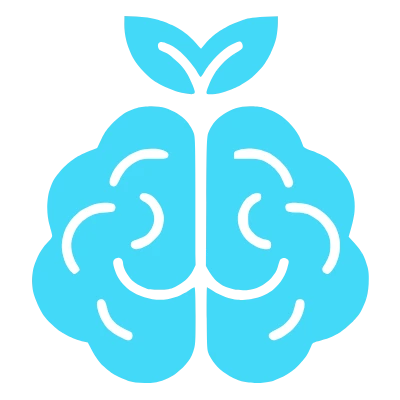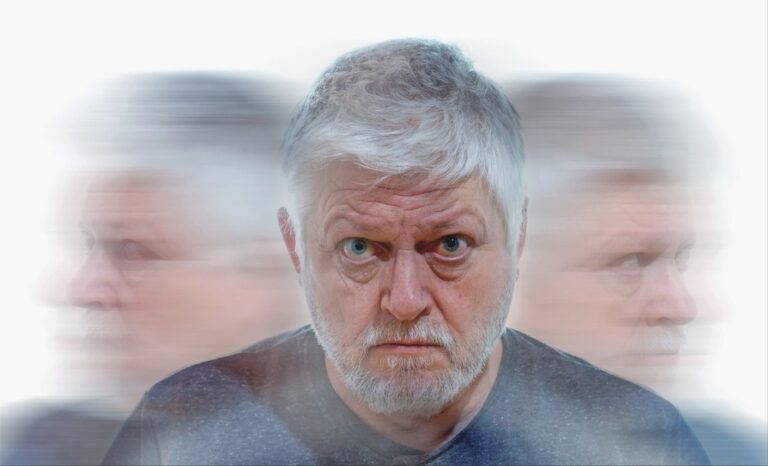Epilepsy in the elderly is a condition that deserves special attention due to its increasing frequency and the particularity of its manifestations. Understanding your symptoms and appropriate treatments can be crucial to ensuring optimal quality of life.
What is epilepsy?
Epilepsy is a neurological disease that is characterized by the occurrence of recurrent epileptic seizures. These seizures are the result of abnormal electrical activity in the brain that can cause a variety of symptoms, including seizures, loss of consciousness, and sensory or behavioral changes.
Epilepsy in the elderly, although less common than in young people, is often associated with other medical conditions such as stroke and Alzheimer’s.
Symptoms of epilepsy in the elderly
Epilepsy in the elderly can manifest itself in different ways. Next, we will explain the most common ones:
- Seizures: Seizures are the most characteristic symptom of epilepsy. They can manifest in different ways, such as uncontrollable movements of the arms and legs, sudden jerks of the body or momentary loss of consciousness.
- Altered state of consciousness: Some elderly people with epilepsy may experience changes in their state of consciousness during a seizure. They may appear confused, disoriented, or have difficulty remembering what happened during the seizure.
- Loss of bladder or bowel control: During a seizure, the muscles that control the bladder and bowels may be affected, which may result in the involuntary loss of urine or stool.
- Unusual sensations or sensory disturbances: Some people may experience strange sensations before a seizure, such as strange smells, unusual tastes, tingling sensations, or changes in vision.
- Fatigue and confusion after a seizure: After a seizure, it is common to feel tired and confused. This may take some time for the elderly person to fully recover and return to their normal state.
It is important to note that these symptoms are not exclusive to epilepsy and can be caused by other medical conditions.
If an elderly person presents with any of these symptoms, it is essential to seek medical attention to obtain a proper diagnosis and determine the appropriate treatment.
Treatment of epilepsy in the elderly
Treatment of epilepsy in the elderly is often challenging due to the presence of other diseases and sensitivity to medication side effects.
Usually, treatment is based on antiepileptic medications to control seizures. However, in some cases, medication adjustments or changes may be necessary to minimize side effects and maintain good seizure control.
Therefore, it is important that the treatment decision must be individualized and agreed between the doctor, the patient and their caregivers.
Types of epilepsy seizures
There are several types of epileptic seizures, but in the elderly, focal seizures are more common, which occur in a specific area of the brain. However, you should know that there are other types of crises, which we will explain below:
Crisis of absence
Also known as «petit mal», they are brief seizures characterized by a sudden interruption of consciousness. During these seizures, the person may stop in the middle of an activity, stare, and have a blank facial expression. They usually last only a few seconds and the person does not remember what happened.
Generalized tonic-clonic seizures
They are the most recognizable and dramatic crises. They are commonly known as “grand mal” or seizures. During these seizures,the person may lose consciousness, fall to the ground, and experience muscle rigidity followed by convulsive movements.
Tongue biting, loss of bladder or bowel control, and labored breathing may also occur. These seizures can last several minutes and leave the person tired and confused afterwards.
Simple partial_crises
Also called focal seizures, they originate in a specific part of the brain. During these attacks, the person may experience unusual sensations, such as strange smells, sensations in the stomach, or changes in visual or auditory perception.
Involuntary movements of a muscle group or distortions in the senses may also occur. Consciousness usually remains intact during these crises.
Complex partial_crises
They are similar to simple partial seizures, but during these seizures, the person may experience a loss of consciousness or a state of confusion. Additionally, they may perform repetitive movements, such as smacking their lips, chewing, or moving their hands repetitively. And the most normal thing is that after the crisis, they may feel confused or tired.
Vascular epilepsy in elderly people and its relationship with stroke
Vascular epilepsy in the elderly is a type of epilepsy that occurs as a result of brain damage caused by a stroke. Studies indicate that up to 30% of late-onset epileptic seizures may be related to a previous stroke.
In these cases, treatment requires adequate management of both the epilepsy and the risk of new strokes.






